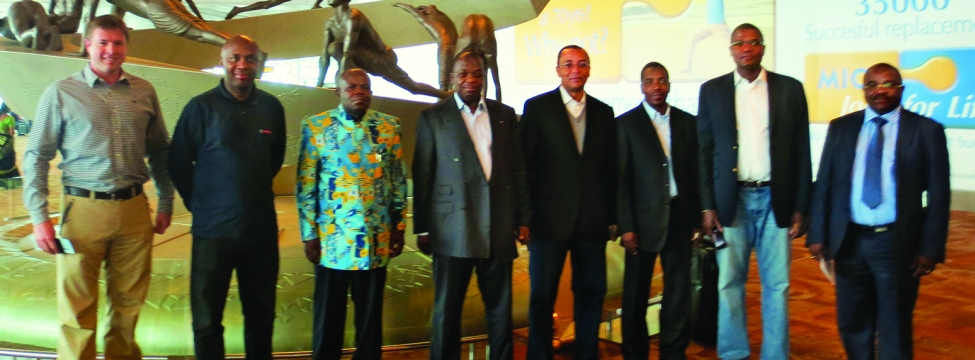To serve you better, our new website displays information specific to your location.
Please visit the site and bookmark it for future use.
You are here
SRK Kazakhstan ›Sustainable Value Creation
To better manage project complexity, processes are needed to guide the development of estimates and identify and mitigate related risks. The process should identify the various approvals required to renew an exploration permit or receive a mining permit. However, recent changes in public perception and sentiment have added a level of uncertainty. Simple compliance with legislation is not always adequate to ensure that a company retains its operating licence.
The expectations of communities and governments have changed, and these changes must be captured in the host country’s permitting requirements.
Previous operations or governments may have left a legacy that adversely affects the current project. Former owners may have made commitments that cannot be met. Companies might be tempted to continually focus on the best outcome to attract investors without considering that negotiations for fiscal incentives are not yet finalised.
The larger the footprint of the operation, the more complicated this process becomes. This is as a result of combining the numbers of communities impacted by the operation, each with their own needs and desires, and the likely national strategic significance of the associated infrastructure.
Companies need to reconsider Net Present Value and Internal Rate of Return as primary measures of value in most projects, particularly “greenfields” projects. These measures can lead to unsustainable operations by favouring short-term returns over long-term sustained cash generation that would promote the ongoing development of the mine and the community. They can ignore the value of flexibility by rewarding lower capital costs and lower operating costs in the base case without considering the range of likely conditions over the life of the operation.
Companies should communicate frequently with all stakeholders to increase trust and facilitate effective engagement. They should be wary of closing a quick deal that does not provide for returns to the government until several years after commissioning. Governments need to hire skilled staff and consultants to complete the regulatory review of complex projects on time – areas such as customs, environmental, social monitoring and engagement come to mind.
Governments must ensure their negotiating teams include members and decision makers who can adequately cover all issues and are supported by skilled advisors who can ensure that technical, legal and financial risks are addressed. Companies may need to provide financial support to the government to retain such a team. It is essential to remember that in any bureaucracy, uncertainty leads to delay.
Governments can facilitate more sustainable operations by working to reduce the uncertainty investors face, effectively lowering the discount rate and increasing the value of later returns. Companies should avoid trying to ‘beat’ the government or the community in a negotiation. Collaboration and trust with all stakeholders and adaptable, cash generating operations are essential to create sustainable value.
Andrew van Zyl: avanzyl@srk.co.za
|
You can download a PDF of the entire |
PDF
A4 |
PDF
Letter |
|
|
|
Our newsletters focus on specific areas of interest to earth resource professionals and clients. Each is available as an Adobe Acrobat PDF file. If you don't already have Adobe's PDF reader, you can download it free.


